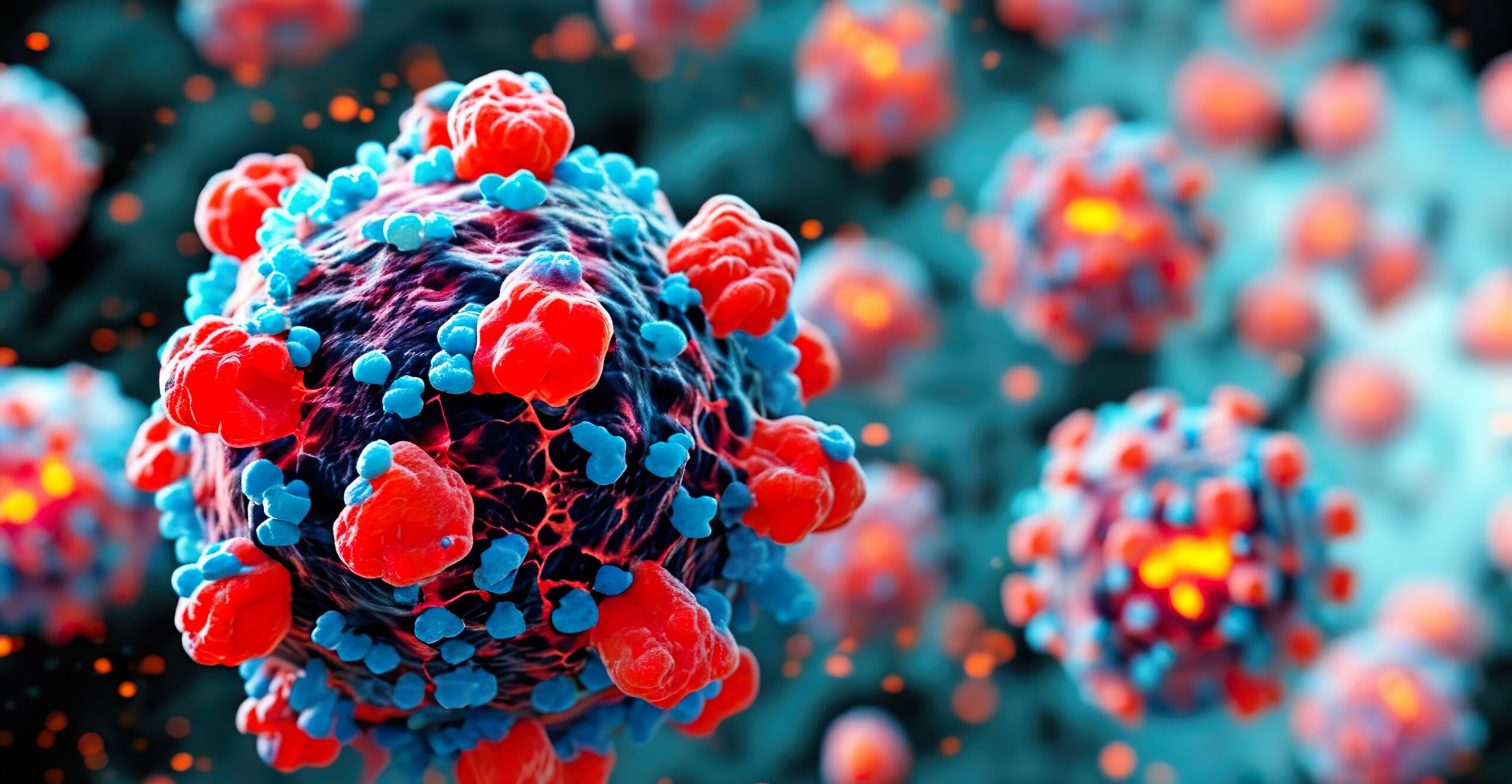Ketogenic diets may uniquely impact menstrual cycles in pre-menopausal women, with increased frequency and intensity reported, suggesting ketosis could influence female physiology beyond weight loss.

Study: Self-reported menses physiology is positively modulated by a well-formulated, energy-controlled ketogenic diet vs. low fat diet in women of reproductive age with overweight/obesity. Image Credit: voloshin311/Shutterstock.com
In a recent study published in PLOS ONE, researchers explored the relationship between diet and menstrual changes in women with obesity and overweight.
Their findings indicate that ketogenic diets (KD) but not low-fat diets (LFD) may increase the intensity and frequency of menses.
Background
Several health risks are associated with carrying excess body fat, particularly around the organs, including disruptions to glucose metabolism. This results in high triglycerides, high fasting blood sugar, and compromised insulin function, an early indication of insulin resistance.
An estimated 40% of adult women in the United States are pre-diabetic or diabetic, which increases their risk of developing hormone-related issues such as polycystic ovary syndrome (PCOS), irregular periods, and infertility. However, dietary changes may be protective against these issues.
Following KD involves adhering to nutrient-dense diets high in fats, moderately high in protein, and low in carbs for three to five days to induce ketosis when the body burns fat due to carbohydrate restriction.
KD can improve blood markers during both weight-loss and maintenance phases, and blood sugar levels can be further improved through ketone supplements.
LFD regimens have been studied in post-menopausal women with insulin resistance, and following them in the long term can improve metabolic health but with variable effects.
KDs are now emerging as a potential alternative to improve insulin sensitivity, hormones, androgens, and cholesterol in women, but these effects have not been well-studied.
About the study
Pre-menopausal women, on average aged 31.6 years, were recruited from Ohio. Of the 19 women who were enrolled, 13 were randomized into the KD groups, while six were part of the LFD group as a control.
Individuals on low-carb diets, those with gastrointestinal issues, certain other medical conditions, and high alcohol intake were excluded, as were those who had experienced recent weight loss. Two of the participants were taking oral contraceptives at the time of the study.
This research was part of a larger study on LFD and KD in obese and overweight women and men.
Three groups were included during a six-week study: one adhered to KD with ketone salts twice a day, one followed KD with a placebo, and a third followed LFD with similar nitrogen and calories as the KD. Meals were prepared in a controlled kitchen.
During the six-week study, participants fasted and hydrated before each bi-weekly in-person visit, with weight, height, and body composition measured.
Researchers collected information on self-reported menstrual changes, inflammation, blood lipids, insulin resistance, insulin, glucose, blood ketones, body composition, and weight changes.
For the menstrual survey, participants reported any changes in menstrual frequency or intensity at days 14, 28, and 42. Responses were categorized as “no change,” “change in frequency,” “change in intensity,” or “period regained.”
Findings
After the first day, the levels of a marker for ketosis were similar across the three diets, after which the two KD groups showed higher levels of the marker than the LFD, reaching nutritional ketosis throughout the study.
The two KD groups had more reported changes in the menstrual cycle compared to LFD. Women reporting changes had a higher body mass index (BMI). 85% of women on the KD reported changes in cycle frequency or intensity, while no LFD participants reported changes.
Six KD participants regained menstruation after a long absence, especially among those not using birth control.
Significant weight loss (7.1 kg on average) and BMI reductions (2.6 kg/m2 on average) were seen during the study period. Approximately 73% of weight loss was fat, while 27% was fat-free mass.
There were no significant effects on plasma glucose, but fasting insulin dropped significantly over the study, and lower insulin levels were seen in LFD compared to the KD diet with ketone supplements.
Insulin sensitivity improved with weight loss. Cholesterol levels decreased over time, but diet had no significant effect on cholesterol levels. Weight loss had no effect on markers of inflammation.
Conclusions
Women on the KD reported menstrual changes, while those on the LFD did not, suggesting a unique effect of the KD on menstrual physiology, possibly due to a ketone body. KD appears to influence menstruation, independent of weight loss, uniquely.
Both KD and LFD achieved significant reductions in weight, BMI, body fat, insulin levels, and cardiovascular risk factors. A precisely measured diet helped ensure reliable results on health metrics.
Larger studies are needed to investigate the effects of diet on women’s hormones and metabolism. These studies should focus on insulin-resistant conditions such as PCOS to identify how diet and ketones might impact ovulation and reproductive health.
Journal reference:
- Kackley, M.L., Buga, A., Brownlow, M.L., O’Connor, A., Sapper, T.N., Crabtree, C.D., Robinson, B.T., Stoner, J.T., Decker, D.D., Soma, L., Volek, J.S. (2024) Self-reported menses physiology is positively modulated by a well-formulated, energy-controlled ketogenic diet vs. low fat diet in women of reproductive age with overweight/obesity. PLOS ONE. doi: 10.1371/journal.pone.0293670.https://journals.plos.org/plosone/article?id=10.1371/journal.pone.0293670





2 thoughts on “Ketogenic diets could be better for menstrual health, period”